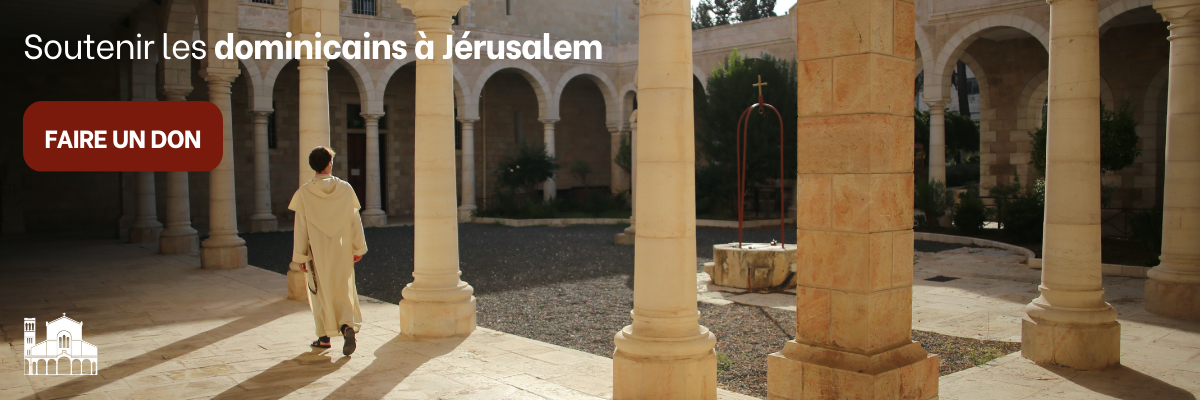The École biblique et archéologique française: the perfect place to prepare for the Pontifical Biblical Commission exams? Let’s find ou following the steps of Fr. Gwilym Evans, fssp.
“My name is Father Gwilym Evans, I come from South Wales in the UK, and I am a priest of the Priestly Fraternity of Saint Peter. I was ordained two years ago, and after my ordination I spent two years in the parishes of Reading and Warrington in England. My superiors wanted to send me to do some studies, and particularly to study sacred scriptures, so I can teach later in our seminary.
I was sent at the ÉBAF because of the possibility, the opportunity, to study the Bible in the Holy Land is something particularly special that I was keen to do, and also the reputation, the experience, of this institution was something that excited me very much: to study in this place with some great people that I already knew about, without having met them before. These are, I think, the primary reasons. Also the flexibility here, in the programme that is offered for the regular students, is something that interested me a lot: a great variety of disciplines, including of course the topography and archeology, but also a whole breadth of other disciplines that are offered, maybe more than other institutions.
I will be studying here in order to take exams in Rome at the Pontifical Biblical Commission, in order to get a licence in sacred scriptures. That is my prime objective in a sense; so, even though I am studying here, I will be taking exams elsewhere, but it is a great opportunity to prepare for those exams here, and to do it in a quite efficient way, hopefully within two years. While I am here also, I hope to get the diploma from the ÉBAF, also as a way of keeping my connection with the ÉBAF in the future.
It is not my first time in the Holy Land, but my first time for a long stay here. I came twice before on short pilgrimages. Living here is incredible: every day I think it is amazing just to be in this place, in Jerusalem, to encounter the places, know them and study them. To understand a little bit more of the context of the biblical texts we are studying, and the people who wrote it, the characters in it and so on. I want to understand not just the place, but the culture and mentality. Even though it is over two thousand years ago, when it comes to writings of the Old Testament, the culture and mentality are still quite evident here, because of the topography and its effect on the society.
I think the strength of the ÉBAF is its fantastic library, first of all, which is really an incredible resource. Not only the amount of books and the specialist nature in these particular areas, but also the way it is kept. It is a very impressive team that works in the library; that is certainly a primary thing. Obviously its location: being here in Jerusalem, it is something very special. The tradition, the long line of great people who have been here from the beginning—Fathers Lagrange, Vincent, and Abel just to name a few—until now! We still have great people who are known around the world: Émile Puech, for example, who has been here for a long time. I think also for me, personally, as well, another advantage of being here is the community life: I come from a Society of Apostolic Life, so a community within the Church where we always live together. The ÉBAF is not a typical religious community as such, but it is definitively a community of academics, researchers, and of people who have a lot in common. So that is something very nice as well — and to live here, on site.
Studying in a holy place and archeological site, that is something I am reminded of every day, and that is inspirational. It gives you a kind of energy, I think, in a sense. I think it would do so even if I was not working on the Bible, here, it is something inspiring and exciting.
How do i balance reason and faith? There is no contradiction, that is for sure. The fact that we have the power of reason as human beings, something given and wanted by God, and something that also has the power of discovering the truth and the will of discovering it. That is why we have reason, that is what we want. Faith is what is true: it is a belief in things that are revealed as true. So there can never be a contradiction between the two. Most of us come here with faith, but we also come here in order to study, understand, and use our reason to deepen that faith.
The Holy Land clearly is a place in which the Son of God was born, lived, and died – nothing can be holier than that. At the same time, it is a country as well that has been the main subject of God’s revelation, the country to which He spoke in different senses and to different people, but nevertheless it was the main backdrop of His revelation. It is a very special place, and I think that the very fact this is a country torn apart by war also shows at the same time how important this country is to so many people. Of course that means the people get very passionate, sometimes angry, sometimes jealous, and protective, leading sometimes to fighting – and it should not, it’s a wrong approach. You see that by just walking down the streets that the people here are very protective of this place.
Calling this place ‘home’ — a privilege that I’m now able to do — clearly changes your attitude to the place. It is not just a place I am visiting out of devotion as a pilgrim or a tourist, it is a place where I am living for the next two years, at least. You grow in your love of your home, it is a natural thing: a place where you want to feel comfortable. Every day is a discovery and I imagine that, within my two years of being here, I will not get to see everything. Not just in the whole country, Jerusalem itself has so much to offer. We keep on learning and finding new things.
I would strongly recommend it to many people of different disciplines and interests, I think there is a lot to offer here for so many subjects. I would encourage people as well to take the plunge and not be afraid of coming to the Holy Land, for example, and it is worthy to find out more I think. Owing to the situation in the region, before coming to the École I had a lot of questions: what happens if… and getting the message from the École that “We carry on whatever, we will continue”, and everything does continue. Now that I am here, I can see that it is not imprudent, and this institution has trust – but courage as well. This place has been here for over a hundred years; it has seen many wars in that time, and it still is here. The institution always carried on, and I think it should continue in that way.
Clearly the resources here cost a lot, it is obvious; to keep this place running and to keep it at the same standard it wants to be — and should be — requires money, so that is something all of us are grateful for. For those who are considering to give, they should really consider it, because it is a very good use of money, money that will never be wasted. In times of war things are more difficult, in terms of getting people here, getting things here, but not impossible thanks to the people who support us during these times. It’s an investment, if you like, for the Church, this Holy Land, for Christianity in general, for the study of the biblical places, which is so important for the dialogue within Christianity and with other religions as well, because we all have something in common: this land. We have the three Abrahamic religions in the country and in the city, that’s something so special. The more we learn, find out, study, the more we have to talk about it. So, with the more things that we can find in common, we can hopefully do some good – not just in the world, but in people’s souls as well. Lastly, a huge thanks to those who have donated.”
Support the ÉBAF

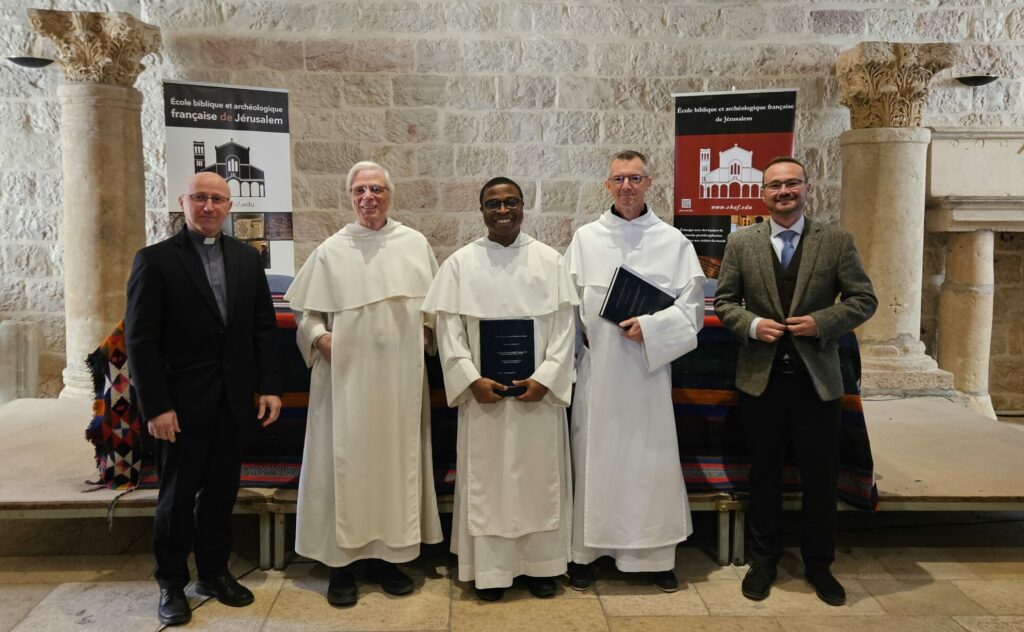 Photo: ÉBAF, Ordo Prædicatorum.
Photo: ÉBAF, Ordo Prædicatorum.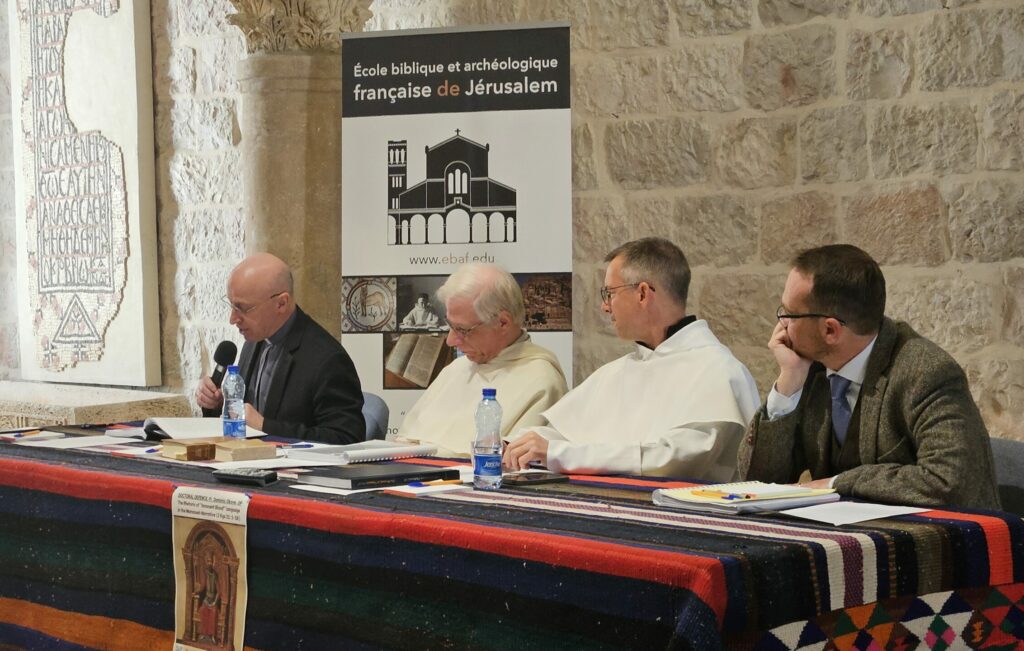 Photo: ÉBAF, Ordo Prædicatorum.
Photo: ÉBAF, Ordo Prædicatorum.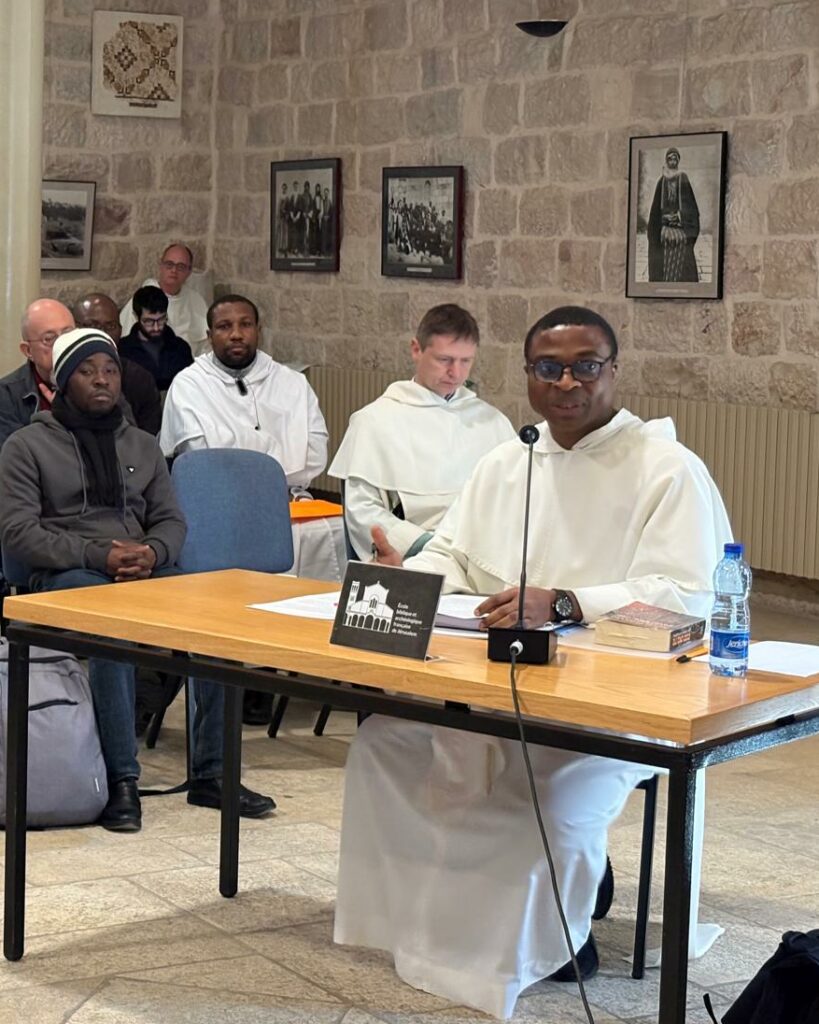
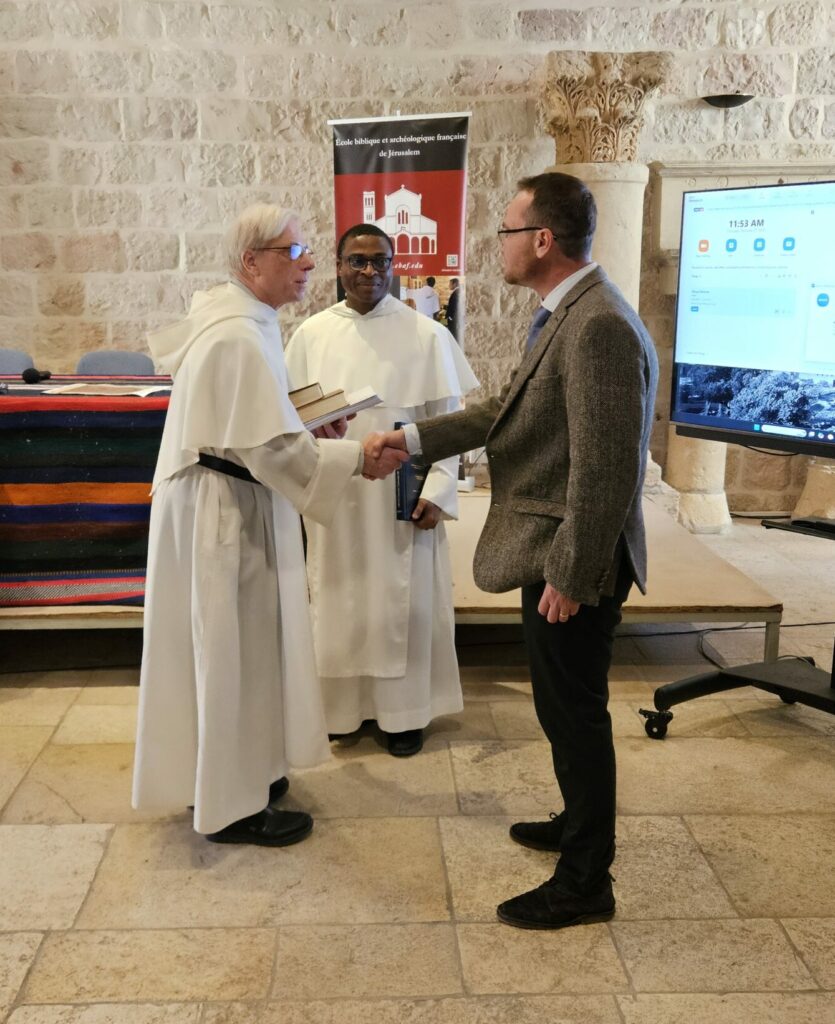 Photo : ÉBAF, Ordo Prædicatorum.
Photo : ÉBAF, Ordo Prædicatorum.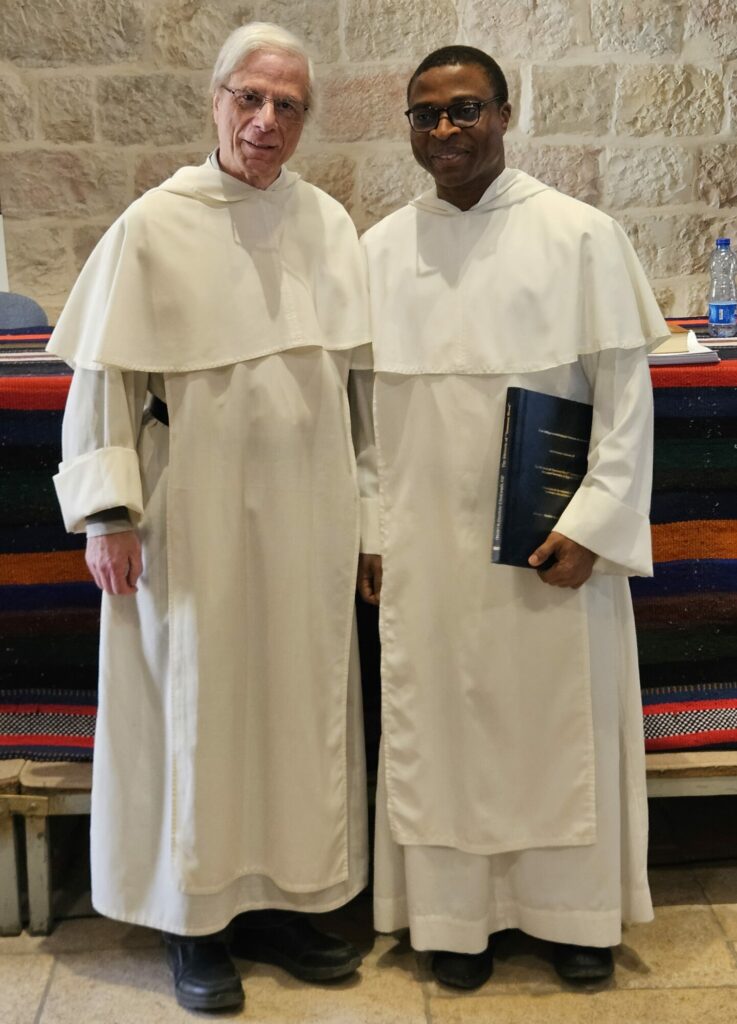 Photo : ÉBAF, Ordo Prædicatorum.
Photo : ÉBAF, Ordo Prædicatorum.
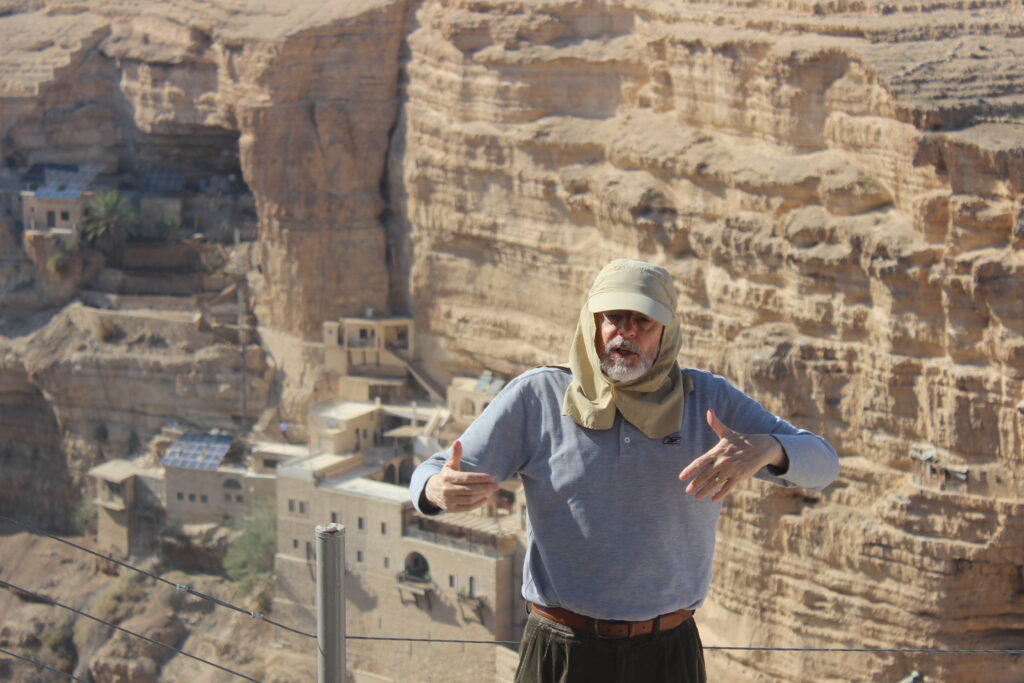 Photo: ÉBAF, Ordo Prædicatorum.
Photo: ÉBAF, Ordo Prædicatorum.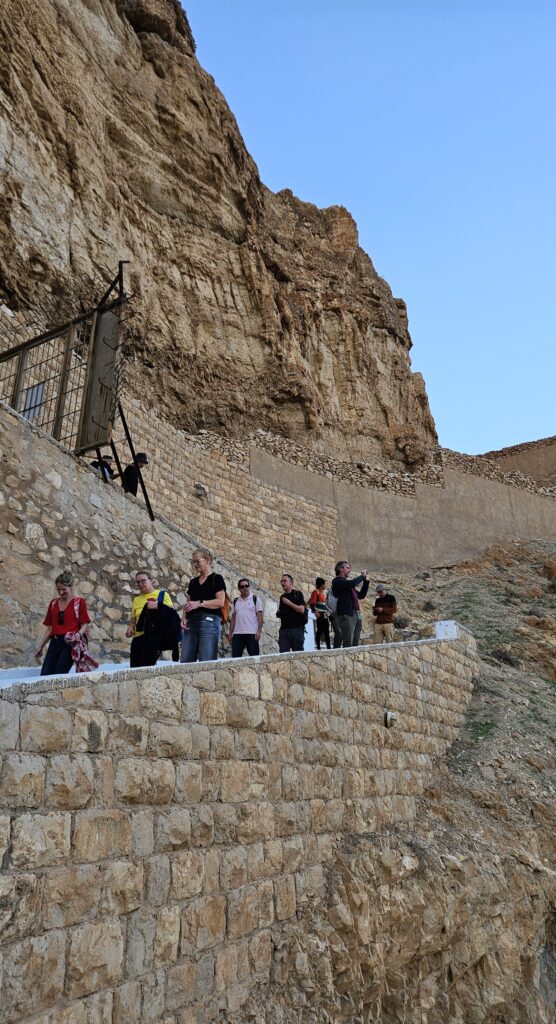 Photo: ÉBAF, Ordo Prædicatorum.
Photo: ÉBAF, Ordo Prædicatorum.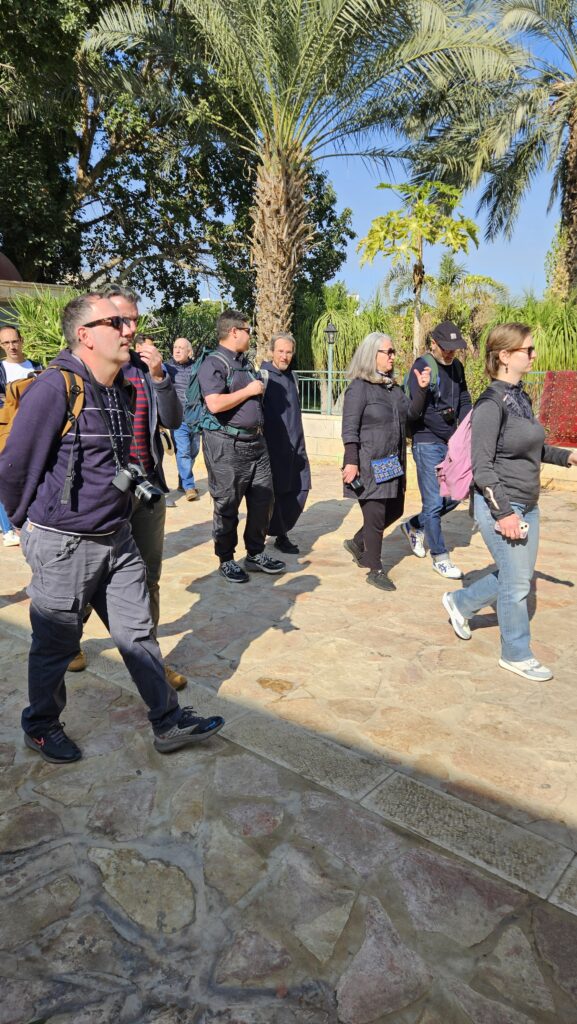 Photo: ÉBAF, Ordo Prædicatorum.
Photo: ÉBAF, Ordo Prædicatorum.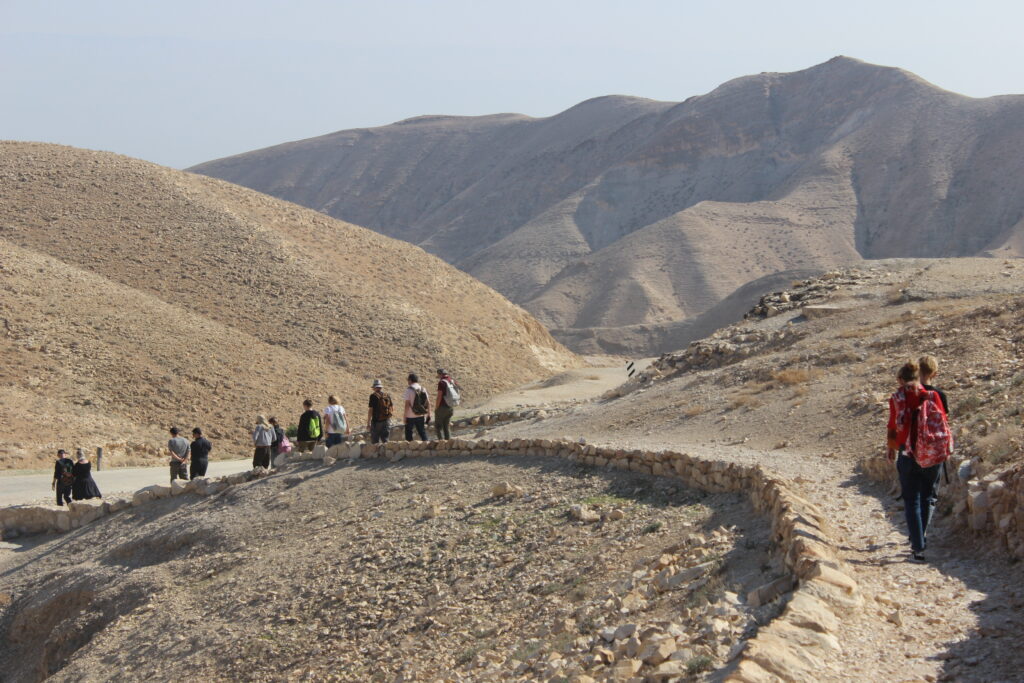 Photo: ÉBAF, Ordo Prædicatorum.
Photo: ÉBAF, Ordo Prædicatorum.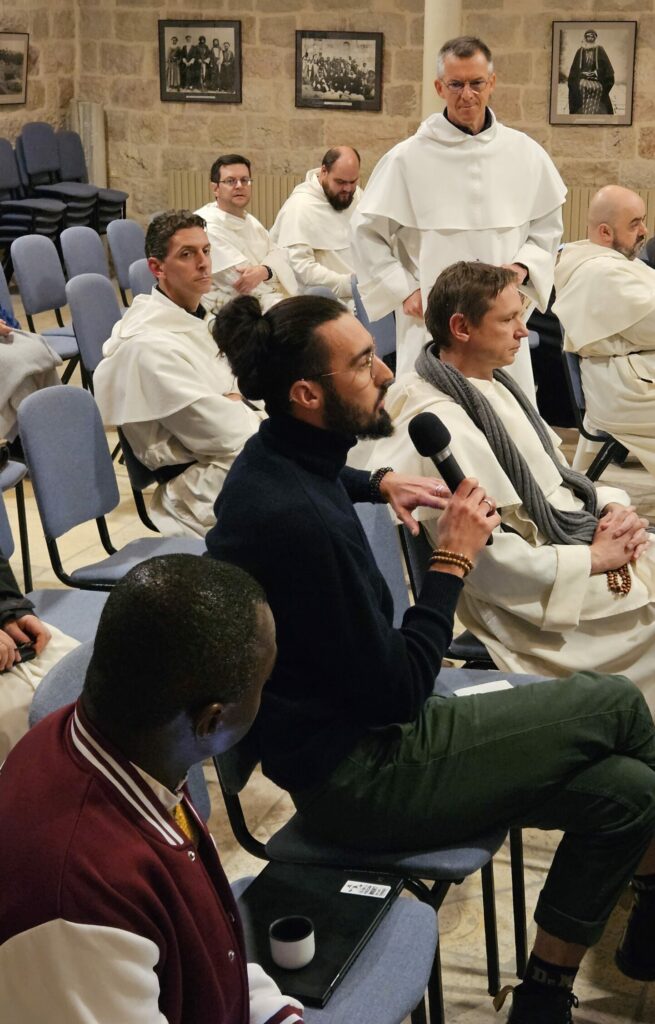 Photo: ÉBAF, Ordo Prædicatorum.
Photo: ÉBAF, Ordo Prædicatorum.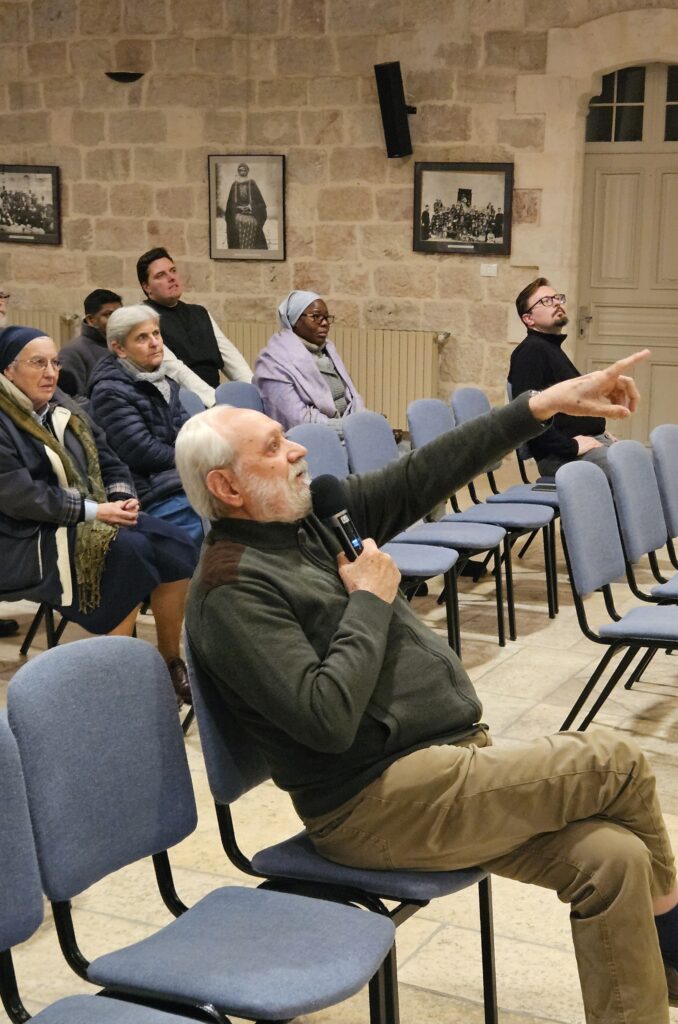 Photo: ÉBAF, Ordo Prædicatorum.
Photo: ÉBAF, Ordo Prædicatorum.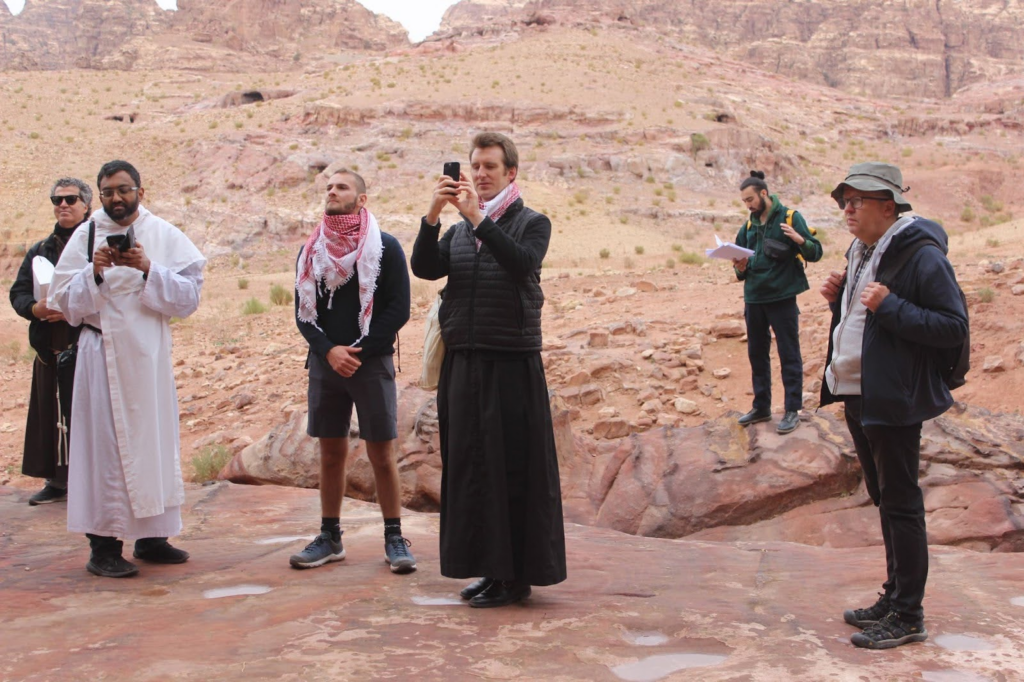 Photo: ÉBAF, Ordo Prædicatorum.
Photo: ÉBAF, Ordo Prædicatorum.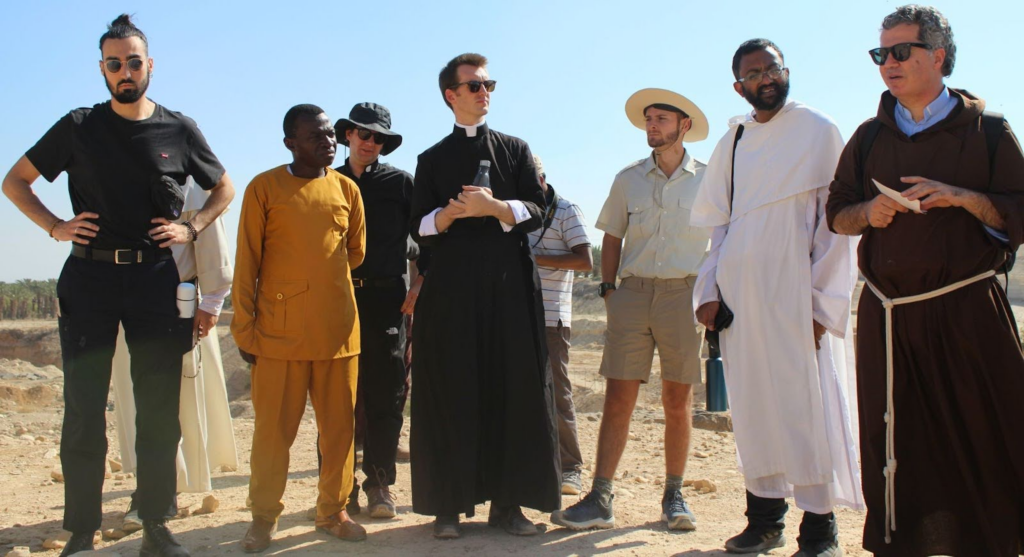 Photo: ÉBAF, Ordo Prædicatorum.
Photo: ÉBAF, Ordo Prædicatorum.

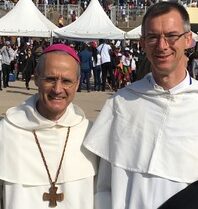
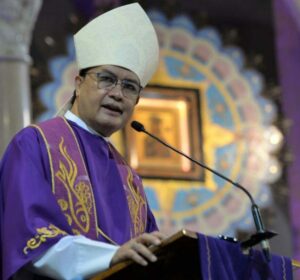 Photo : Vatican News
Photo : Vatican News